The following PowerShell code displays unexpected scoping behavior for functions called from closures. Can you explain whether this is "by design", or is a defect?
function runblock($block) {
$x = 4
& $block
}
function printx() {
" in printx: x=" + $x
}
"PSVersion $($PSVersionTable.PSVersion)"
$x = 1
$b = {"In block x=" + $x ; $x = 3 ; printx}
$x = 2
runblock $b
$x = 1
$b = {"In closure x=" + $x ; $x = 3 ; printx}.GetNewClosure()
$x = 2
runblock $b
Output from the above is
PSVersion 3.0
In block x=4
in printx: x=3
In closure x=1
in printx: x=4
Most of the output makes sense to me:
The script block outputs In block x=4 since its parent scope is the runblock function. The printx function outputs x=3 since its parent scope is the script block scope.
The closure outputs In closure x=1 since the value of $x was captured by GetNewClosure call. All as expected.
BUT:
The call to printx from the closure outputs in printx: x=4. So the scope that printx executes within is unaffected by the scope of the closure where $x = 3.
It seems strange to me that a function called from a normal script block does see the variables in the script block scope, but a function called from a closure does not see the variables in the closure.
